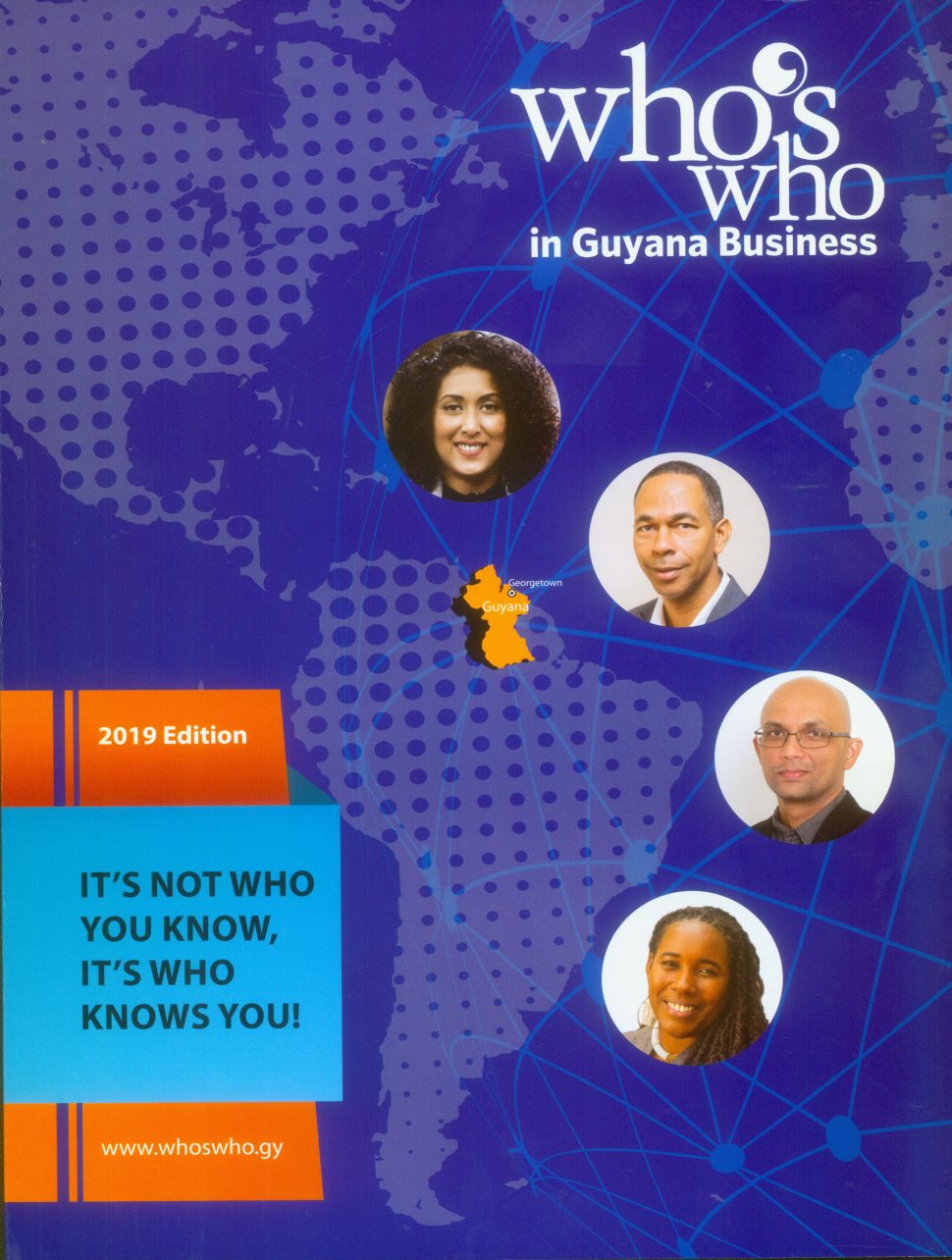Arguably the most poignant of the rationale articulated in the “Publisher’s Note” for the emergence of Who’s Who In Guyana Business is the unending dilemma of “both local and foreign investors who lose a lot of time, energy and money due to not understanding the intricacies of the local business landscape.” The publisher could well have alluded too, to what frequently is the mind-boggling tangle of bureaucracy and red tape that is characteristic of the experience of navigating the investment landscape in developing countries. But then that – at least so it seems – is one of the missions of the Publisher, ActionINVEST’s Chairman, Vishnu Doerga.
The January 17 launch of Who’s Who In Guyana Business, appears – based on the feedback it has attracted – to have found favour with audiences that go beyond the local business community, its on-line version attracting attention in the wider international community.
Sections of the diplomatic community (he singled out the British High Commission in Georgetown) have also acknowledged and applauded the initiative, their concern being with their own responsibility for acting as a link between their own home capitals and such investment opportunities as might arise in Guyana.
The emergence of the publication, too, must be seen against the backdrop of Guyana’s recent significant oil finds which Doerga appropriately describes as “Guyana’s welcome change of fortune.”
What he sought, he says, was to have such business and investment information as is pertinent to investor interests “in one place” and he adds, to broaden the base of the information beyond that which is available through the state agencies…so that the contents of the publication range from “messages” from state and private sector officials to professional services provided by state and private sector agencies, real estate, accommodation and property management as well as travel information.
There is as well, more than useful information to be secured from the publication’s assessment of the impact of the 2019 budget on thirteen key sectors of the economy whilst snapshots of the various trade agreements and the key entities involved in investment initiatives provide useful insights into the goings-on in the country’s economy.
Equally relevant in the context of the increasing external interest in what’s happening in Guyana is the ‘expats in Guyana’ which paints with a broad but often fleeting brush, browsing through social, cultural and tourism-related information at a sufficiently gingerly rate to enable the uninitiated to learn more about Guyana.
There is, as well, a ‘piece’ in Action Coach itself, the brainchild of the Publisher which has established the image of a ‘high flier’ in business coaching, providing services in what are considered some of the critical areas of business development.
Who’s Who In Guyana Business also manages to fashion a number of relevant and timely ‘notes’ addressing key issues in important sectors including transportation, airline operations, education, banking, health, safety and security and information technology, all of which contribute to the rounding out of an altogether readable reference document.






